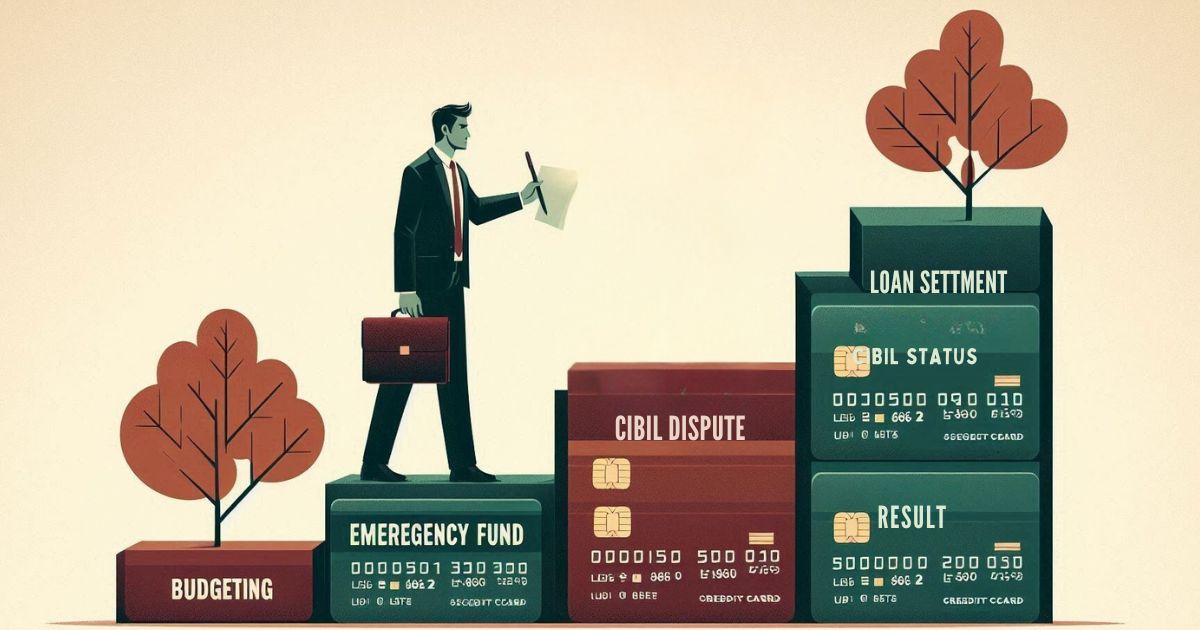· Debt Management · 3 min read
When a Loan Fails: Legal Rights of Co-Borrowers and Guarantors
Being a co-borrower or guarantor on a loan can help someone secure credit, but it also comes with significant risks and responsibilities. In this article, we explore the differences between co-borrowers and guarantors, what happens when a loan defaults, and the legal consequences they may face.

Have you ever been asked to be a guarantor on someone’s loan? Or perhaps you’re considering taking out a loan with a co-borrower? While these arrangements can help people access credit, they also come with significant responsibilities and risks. Let’s dive into the complex world of co-borrowers, guarantors, and what happens when loans go into default.
Who’s Who in the Loan Game: Guarantors vs. Co-Borrowers
So what exactly is a guarantor? Think of them as a financial safety net for lenders. A guarantor promises to repay a borrower’s debt if they can’t make the payments. They’re not on the hook from day one, but rather step in only if things go south.
On the other hand, a co-borrower is in it from the start. They share equal responsibility for the loan with the primary borrower. Both names are on the loan agreement, and both are expected to make payments from the get-go.
Why Do Lenders Want a Guarantor Anyway?
You might wonder why banks bother with guarantors at all. Well, it’s all about minimizing risk. Lenders use guarantors as an extra layer of security, especially for large loans or when dealing with borrowers who have limited credit histories. By having someone else vouch for the loan (and potentially pay it back), banks feel more comfortable extending credit.
What Happens If Loans Really Go South?
Here’s what happens if a loan goes into default: both co-borrowers and guarantors can find themselves in hot water. For co-borrowers, it’s pretty straightforward – they’re on the hook for the full amount with the other borrower, regardless of who actually spent the money.
Guarantors might think they’re in the clear until things go wrong, but once a default occurs, the lender can come knocking on their door too. This means potentially being liable to pay missed payments or even the entire remaining loan balance.
Can the Law Come After Co-Borrowers and Guarantors?
In short, yes. While simply failing to pay a loan isn’t usually a criminal offense, there are situations where legal action can be taken against co-borrowers and guarantors. This might include civil lawsuits to recover the debt or, in extreme cases, criminal charges if fraud is suspected.
Protecting Yourself: The Smart Way to Handle Loan Agreements
So how can you protect yourself if you’re considering being a co-borrower or guarantor? Here are a few key tips:
Read the fine print – Understand exactly what you’re agreeing to before signing anything.
Assess your own financial situation – Can you really afford to take on this potential debt?
Know the borrower well – Only consider co-signing or guaranteeing loans for people you trust implicitly.
Keep communication open – Stay in touch with the primary borrower about the loan status.
Consider alternatives – Are there other ways to help someone access credit without putting yourself at risk?
Conclusion
Building financial literacy is crucial in navigating these complex situations. While we’ve covered the basics here, there’s always more to learn. Consider exploring reputable financial education websites, following personal finance experts on social media, or even taking online courses to boost your money knowledge.
Remember, being a co-borrower or guarantor is a serious financial decision. By understanding the risks and responsibilities involved, you can make informed choices that protect your financial well-being.



 Master Your Credit Card Debt Before It Masters You! (1).DFP32oYI.jpg)